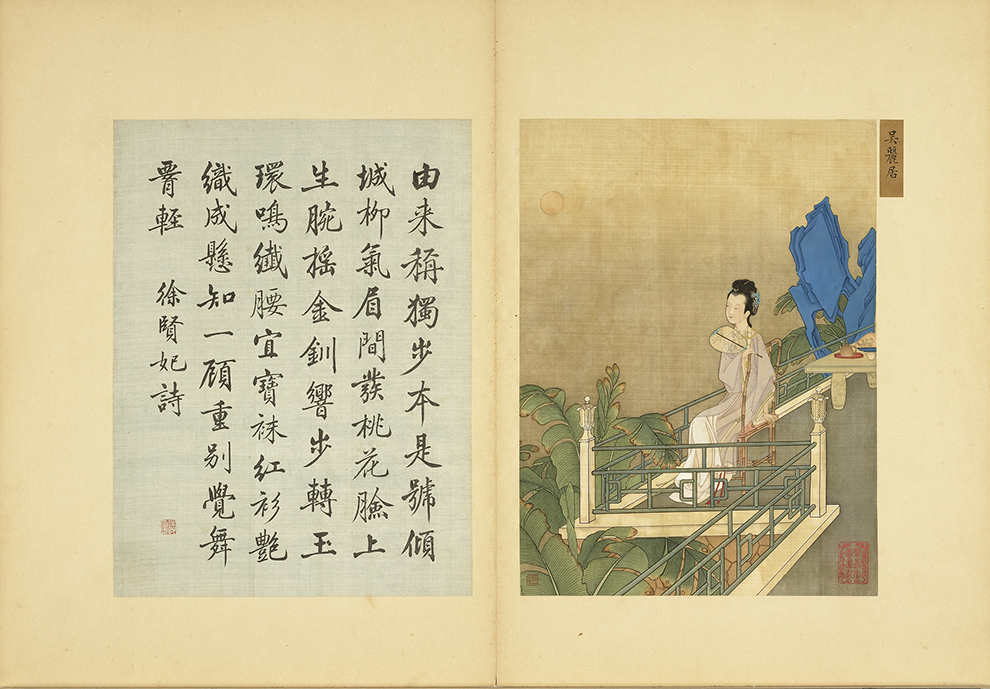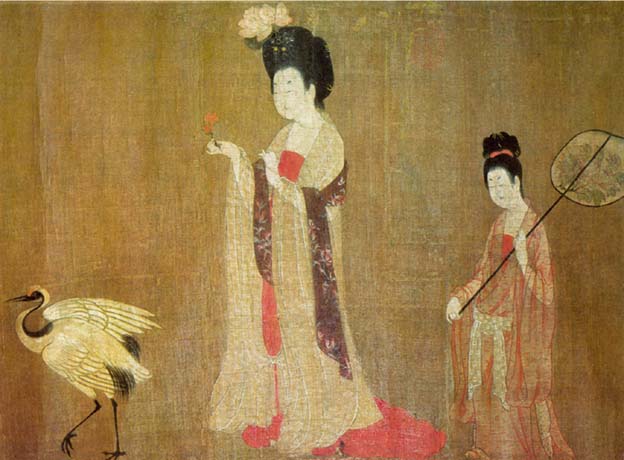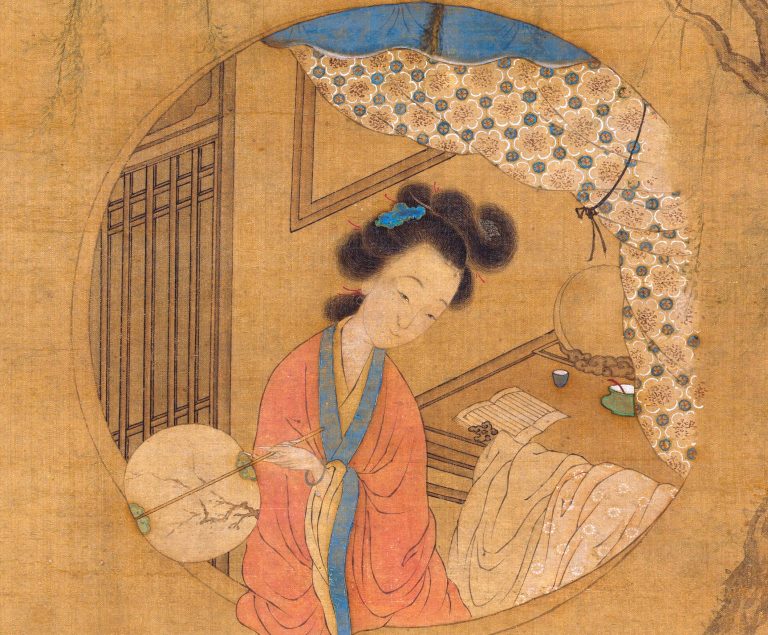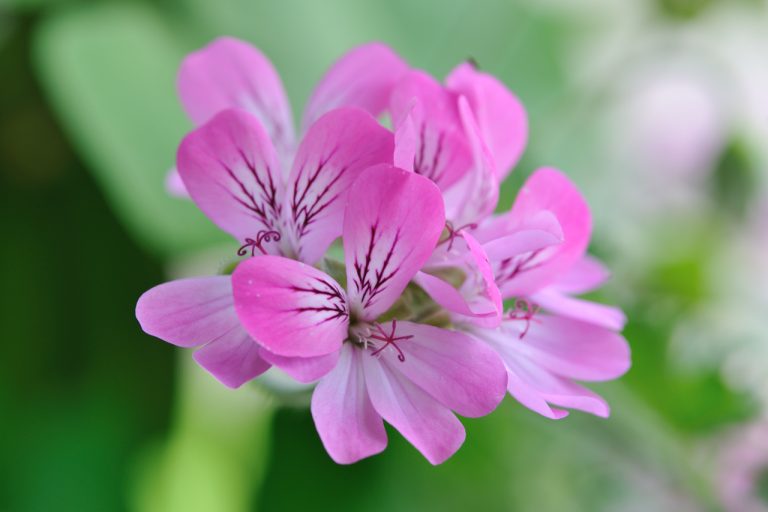The Precepts for Women (Nǚ jiè 女誡) is an ancient Chinese guidebook for cultivating traditional feminine virtues. Written by female polymath Ban Zhao (班昭) during the Han Dynasty, it addressed the need for girls to be educated in virtues, and quickly became a lasting reference for raising daughters in China for many dynasties to follow. This series will focus on the virtues of traditional women and their role in harmonizing family and society.
The late Han period was characterized by social upheaval and complex family relationships. As wives, concubines, children, grandparents, and in-laws lived under the same roof, conflicts were common.
Ban Zhao, a virtuous and talented intellectual, wanted to guide the women of her time in harmonizing the difficult environment by cultivating modesty and other virtues. Her brief, practical treatise was well received, and Chinese women began to measure themselves against it. Many went so far as to memorize the book!
Ethics and principles of virtue
In her lessons, Ban Zhao placed upright morals and correct principles as the foundation in the cultivation of virtue.
“All girls, everywhere,
First should learn to cultivate virtue.
Of cultivating virtue’s methods.
The most important is
To be pure and upright in morals.”
She goes on to explain how to cultivate righteousness in daily life and how to demonstrate it through pure and upright acts. Among these lessons, she singled out the matter of chastity, describing it as the “glory” of a woman’s body that makes all of her acts shine. She offered detailed advice on how to guard it by avoiding casual interaction with the opposite gender:
“Boys and girls must not together be.”
“If there are male guests in the reception room,
Do not go forth from your own room;
If they be even near your own door,
Let not curiosity lead you forth to speak to them.”

Success
You are now signed up for our newsletter
Success
Check your email to complete sign up
Understanding that a single thought could bring undesirable consequences for a person who lacked self-restraint, Ban Zhao emphasized righteous conduct to prevent unchaste thoughts from entering the heart.
“If you do wrong once,
This may lead to wrong in everything.
One evil act done and a hundred follow.”
Cultivating modesty
According to traditional Chinese wisdom, women embody the gentle and modest characteristics of yin, the earthly element; which tempers and balancees the strength and masculinity of yang, the heavenly counterpart to yin. These traits should be apparent in the way women carry themselves, manifesting physically in their speech and posture.
“Talking, restrain your voice within your teeth”
“When pleased, laugh not aloud;
If angry, still make no noise.”
Ban Zhao explained that a gentle, low voice should be accompanied by a graceful deportment. In walking, she advised women to go slowly and lightly, without swinging their arms.
“When walking, look straight, turn not your head”
“Sitting, don’t shake your knees – a common fault with men;
Standing, keep quiet your skirts.”
Tidy and appropriate attire was considered reflective of a woman’s upright character. Ban Zhao highlighted modesty as an indispensable virtue, exhorting women to cover their faces with a fan or veil and to avoid exhibiting their figures.
“Following virtue, decorum, and uprightness,
you so accomplish the end of our being.”

Ensuring harmony
Traditional Chinese women and girls aspired to be humble and meek. In the relationships between all parts of the family, the devoted and obedient character of women could be effective in promoting harmony within the household.
“For the family’s prosperity,
There are very good rules;
Women should zealously learn them.
Of these, to follow peace
Is of the first importance.
Obedience in all things is the next.”
Yet the cultivation of such modest virtues demanded a particularly strong will and great self-control. Women strived to temper their minds and hearts through interpersonal interactions.
“If father- or mother-in-law reprove,
Receive it meekly without anger.”
“Live in peace with both your superiors and inferiors.”
The merit in cultivating one’s character lay in the ability to maintain “a true heart and a pleasant face” while fulfilling the trying feminine roles of the day. Only by “having contentment under all circumstances” was one worthy of being regarded as an exemplary Chinese woman.
Note: All quotes are from Esther E. Jerman’s Instruction for Chinese Women and Girls, an English rendition of Ban Zhao’s original book.
Continue Reading: Ban Zhao’s Precepts for Women (Part II): Cultivating Politeness and Hospitality















